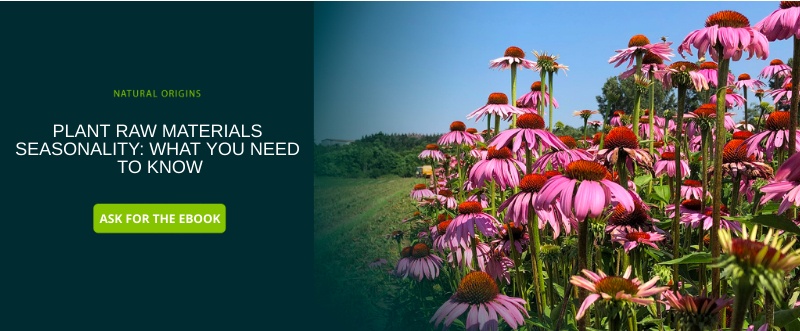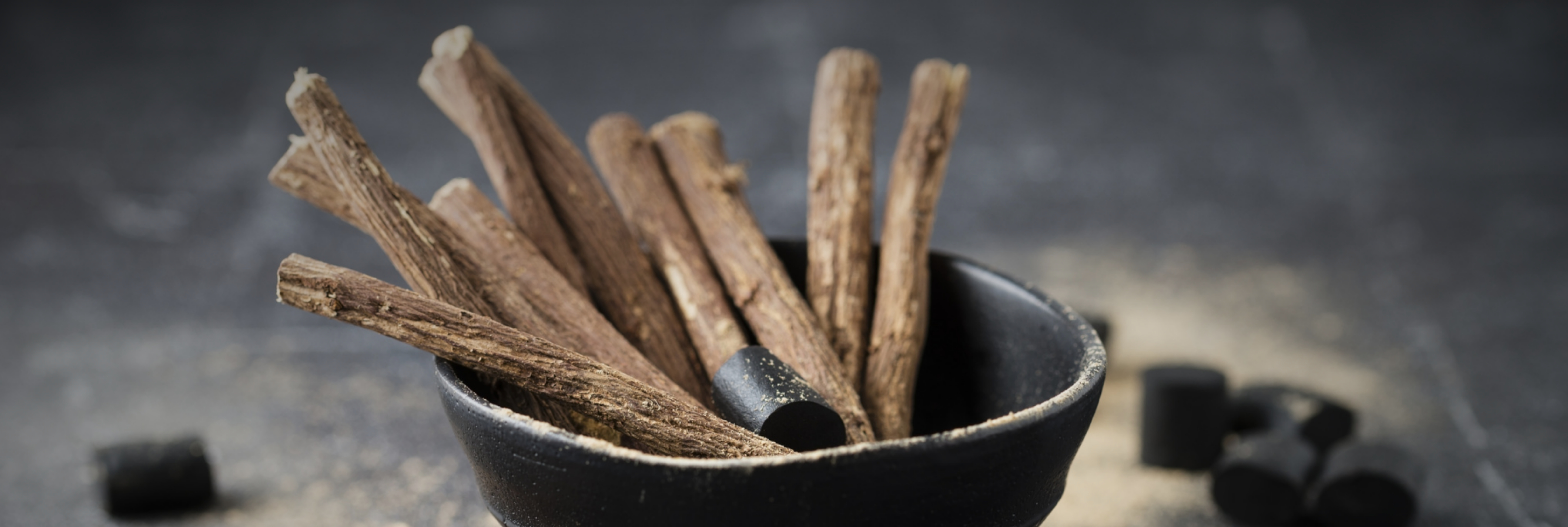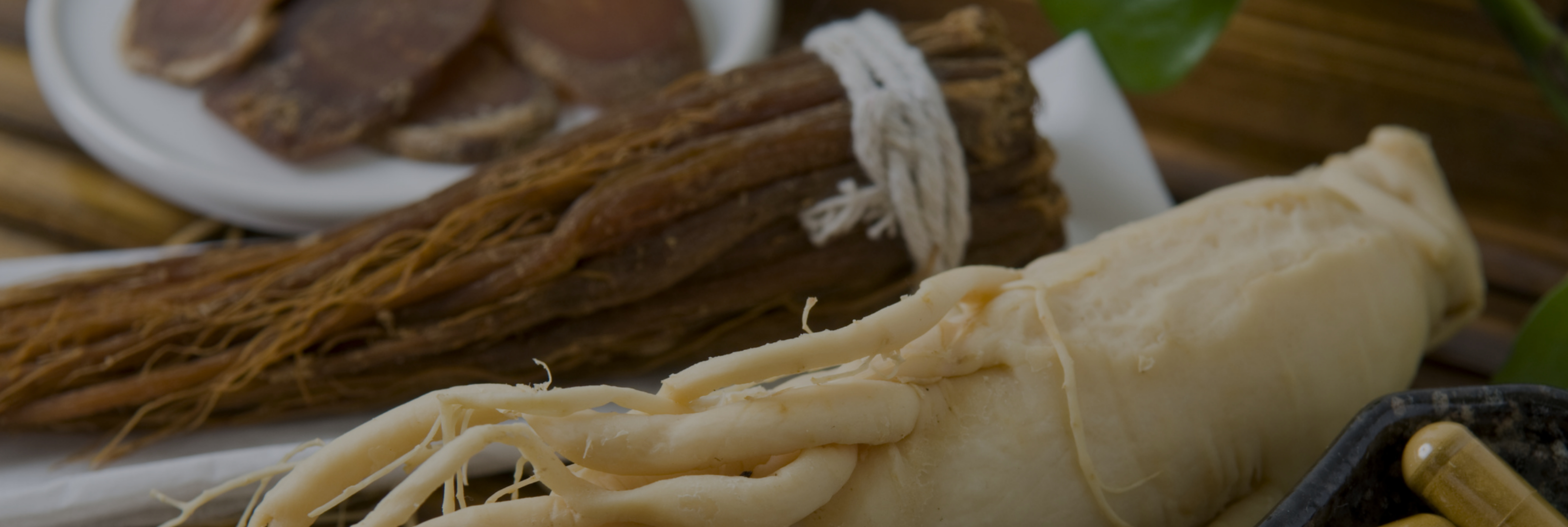If you’re looking for a natural raw material for the formulation of diet or improve transit products, Ispaghul is undoubtedly an ideal plant.
Native to Western Asia, Ispaghul, is also known under the name Psyllium, and is especially grown in India and Pakistan. This plant was already used by the Egyptians for its laxative properties over 3,000 years ago (1), and is used today as dietary fiber to relieve constipation and mild diarrhea, to help find a sensation of satiety and to promote good cholesterol. (2) (3).
This raw material has been particularly valued over the past several years and can be found as an ingredient with health benefits in breakfast cereal or sprinkled on all sorts of dishes. Its imperceptible taste enables you to propose it in numerous preparations, whether sweet or savory and to associate it with many raw materials.
Go back to the nutraceutical uses of a promising ingredient…
Nutraceutical uses
Transit
Psyllium tegument contains mucilages capable of absorbing great quantities of water and swelling the intestines. It forms a gel that stimulates intestinal peristalsis and regulates the transit by reducing symptoms of constipation and mild diarrhea. (2) Certain professionals advise its use to relieve irritable bowel syndrome or in case of digestive problems. (4)
Another interesting point is that Ispaghul does not cause irritation of the mucosa contrary to other plant laxatives, like senna and buckthorn, so it can be used over longer periods. (3)
Satiety
Furthermore, it can be used in weight-loss programmes. Based on the bulk forming gel it forms in the stomach, it gives a sensation of natural satiety. This effect is potentiated by reduced absorption of foods by the intestines. (3). These qualities make this a must for natural weight-loss product formulations.
Cholesterol & glucose lowering
These mucilages are neither absorbed nor digested and are capable of capturing a part of the fats and sugars absorbed. This beneficial effect combined with a high content of phytosterols (5) contained in Ispaghul seeds, provide it with cholesterol lowering attributes (3), which is an important asset in preventing cardiovascular diseases. Several recent studies have demonstrated that soluble fibers coming from psyllium tegument seeds reduce total cholesterol and LDL (2) (6) and are even crucial in preventing type 2 diabetes. (7)
Natural Origins references
Our Ispaghul is purchased directly and originally from India. It comes the Gujarat regions, of Madhya Pradesh and from Rajasthan and is harvested in March or April. We process this raw material in powder or in whole tegument form and propose both organic and conventional grades.
To see our entire product range, check out our online catalogue available 24 HOURS A DAY 7 DAYS A WEEK.
Sources:
1. ispaghul : bienfaits, utilisation, propriétés (medisite.fr)
3. Plantago ovata — Wikipédia (wikipedia.org)
5. http://www.wikiphyto.org/wiki/Psyllium
6. Simone Augusta Ribas, Diana Barbosa Cunha, Rosely Sichieri et Luiz Carlos Santana da Silva, « Effects of psyllium on LDL-cholesterol concentrations in Brazilian children and adolescents: a randomised, placebo-controlled, parallel clinical trial », The British Journal of Nutrition, vol. 113, 14 janvier 2015, p. 134–141
7. Ayman S. Abutair, Ihab A. Naser et Amin T. Hamed, « Soluble fibers from psyllium improve glycemic response and body weight among diabetes type 2 patients (randomized control trial) », Nutrition Journal, vol. 15, 12 octobre 2016, p. 86
Nadine Bromberger
Purchasing Manager








Leave a comment